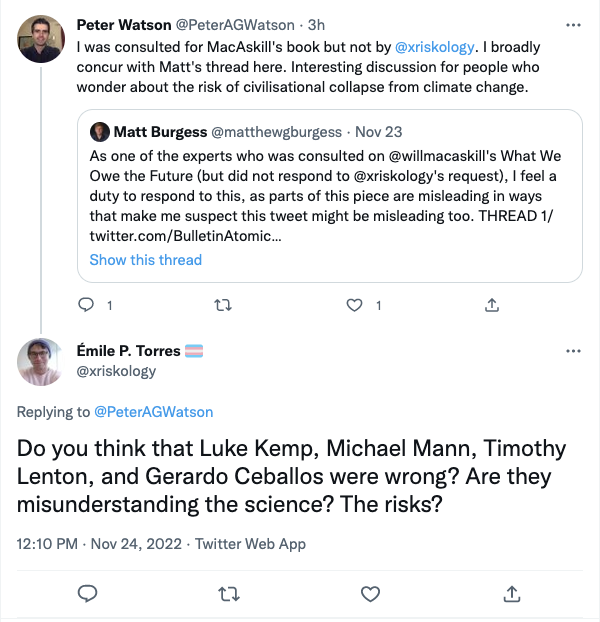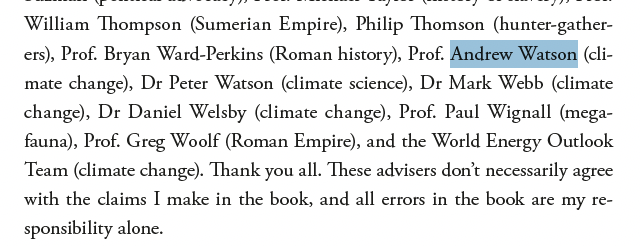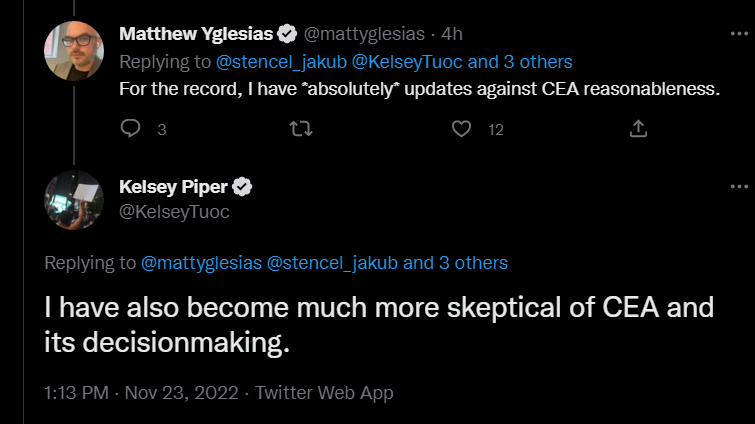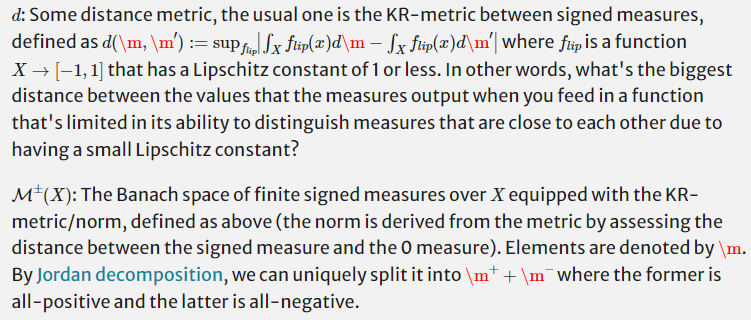Tldr: This is a letter I wrote to the Climate Contributing Editor of the Bulletin Atomic Scientists, Dawn Stover, about Emile Torres' latest piece criticising EA. In short:
- In advance of the publication of the article, Ms Stover reached out to us to check on what Torres calls their most "disturbing" claim viz. that Will MacAskill lied about getting advice from five climate experts.
- We showed them that this was false.
- The Bulletin published the claim anyway, and then tweeted it.
- In my opinion, this is outrageous, so I have asked them to issue a correction and an apology.
Update: The Bulletin has declined to correct the piece or issue an apology. They say that the editor's note provides 'balance' for the reader. They haven't explained how their false tweet remains acceptable. By these standards, media outlets don't have to correct false claims in articles, they just have to include editor's notes contradicting the false claims. There are apparently no constraints on what media outlets are permitted to tweet.
Dear Ms Stover,
I have long admired the work of the Bulletin of the Atomic Scientists. However, I am extremely disappointed by your publication of the latest piece by Emile Torres.
I knew long ago that Torres would publish a piece critical of What We Owe the Future, and on me following my report on climate change. However, I am surprised that the Bulletin has chosen to publish this particular piece in its current form. There are many things wrong with the piece, but the most important is that it accuses Will MacAskill and his research assistants of research misconduct. Specifically, Torres contends that five of the climate experts we listed in the acknowledgements for the book were not actually consulted.
Ms Stover: you contacted us about this claim in advance of the article’s publication, and we informed you that it was not true. Overall, we consulted around 106 experts in the research process for What We Owe The Future. Torres suggests that five experts were never consulted at all, but this is not true — as Will stated in his earlier email to you, four of those five experts were consulted. I am happy to provide evidence for this. The article would have readers think that we made up the citations out of thin air. One of them was contacted but didn’t have time to give feedback, and was incorrectly credited in the acknowledgements, which we will change in future editions: this was an honest mistake. The Bulletin also went on to tweet the false claim that multiple people hadn’t been consulted at all.
The acknowledgements are also clear that we are not claiming that those listed checked and agreed with every claim in the book. Immediately after the acknowledgements of subject-matter experts, Will writes: “These advisers don’t necessarily agree with the claims I make in the book, and all errors in the book are my responsibility alone.”
To accuse someone of research misconduct is a very serious allegation. After you check it and find out that it is false, it is extremely poor form to let the claim go out anyway and then to tweet it. The Bulletin should issue a correction to the article, and to the false claim they put out in a tweet.
I also have concerns about the nature of Torres’ background work for article — they seemingly sent every person that was acknowledged for the book a misleading email, telling them that we lied in the acknowledgements, and making some reviewers quite uncomfortable.
To reiterate, I am very disappointed by the journalistic standards demonstrated in this article. I will be publishing something separately about Torres’ (as usual) misrepresented substantive claims, but the most serious allegation of research misconduct needs to be retracted and we need an apology.
(Also, a more minor point: it's not true that I am Head of Applied Research at Founders Pledge. I left that role in 2019.)
John





Just to be clear, I am genuinely uncertain what the right norms here are, and I did not intend this as harsh pushback on your comment. I do think the situation is less straightforward than you make it out to be, and there are pretty good arguments for allowing at least some level of talking and thinking and conversation about people's motivations and underlying psychological factors, though as I said, man it does sure seem like a mess.
At some point I did discover Torres' Facebook profile as well as a number of other public pieces of documentation of their private life, and did discover a good chunk of the personal problems they have been going through, and yes, this did majorly change the way I relate to them. It was not this message from Sabs but a pretty similar message from someone on a private Slack that caused me to investigate this, and I think it was quite valuable for my model of this whole situation.
I agree that this would not be good as a "first message", but like, most forum readers at this point have probably had multiple conversations about Torres, and on the margin, someone bringing up that they might have some mental problems doesn't seem obviously bad to me (it also doesn't seem obviously good to me, as I said, though I do think a very similar message a few months ago turned out to be pretty useful for my personal model of the situation).
I am not a psychiatrist, and also furthermore, I do not believe in gating the use of valuable concepts behind professional boundaries. I have indeed researched various aspects of personality disorders quite a bit, and my best guess is that I have an understanding comparable, or probably slightly better than many psychiatrists, at least along the dimensions that are most relevant to my life and the EA community (based on having talked to some people with a psychology background about this).
I do indeed also know the difference between all the disorders that you listed, though not like in excruciating detail (with the exception of the difference between schizoid and schizotypal personality disorder), but I did do a quite substantial amount of reading in this space as I kept running across people in the community that were causing harm and seemed to be reasonably well-described by some well-documented psychological patterns (though like, I am overall not a huge fan of the ontology that psychiatry uses here, and think it has a number of pretty huge problems, of which the tendency to put things into discrete categories and the tendency to reify clusters of symptoms by giving them names that are just a summary of their symptoms that then later on get used as semantic stopsigns are the two foremost ones).
I agree this innuendo seems kinda bad to me, and I think attitudes of the type of "if you have any diagnosable mental problem you are not worth engaging with" are really bad and have all kinds of bad downstream effects on culture and people feeling safe, etc.